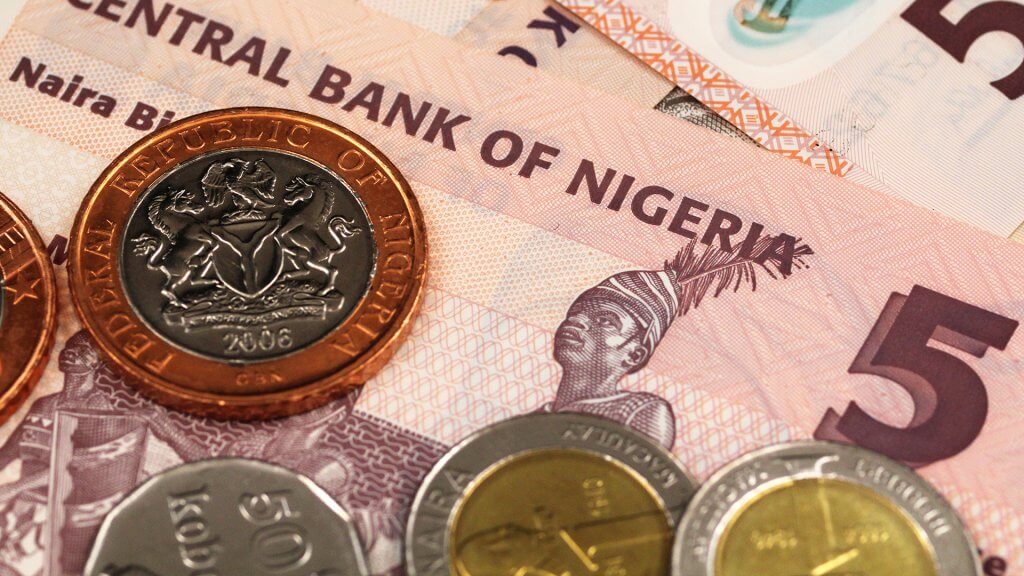
- Consumers expect to send or receive more money in the next 12 months, as senders struggle with cost-of-living dichotomy
- Women prioritize why they send cross-border money transfers differently to men
Consumers in Saudi Arabia predominantly view digital money transfers as the preferred way to send money now and in the future, according to research commissioned by Western Union. Yet many still want the power to choose between online and retail (in-person) experiences – depending on their convenience and needs. Exclusive insights show that today almost 60% of consumers who send money abroad prefer digital money-transfer services, compared to 22% who want choice, and 17% who send cash through retail channels only.
The study, which surveyed over 1,500 money-sending and receiving citizens and residents of Saudi Arabia, asked how, when and why they move money internationally. The results bolster Western Union’s recently announced ‘Evolve 2025’ (E25) strategy combining high-value, accessible digital and retail financial services. The research also aligns to Western Union data, which has demonstrated strong customer preferences to move money digitally. In the first three quarters of 2022, the Company experienced double-digit year-on-year growth in the volume of digital transactions from Saudi Arabia.
When asked about how international money transfers should be offered in the future, consumer opinion among senders is mixed. More (47%) still believe that the transfer experience should be digital from end-to-end, while 44% prefer choice and 9% would still opt for cash only. In reverse, 57% of consumers who receive transfers prefer a choice, while 24% favour going completely digital. Nineteen percent would still want to collect their funds in cash only.
“Since launching their ambitious National Transformation Program – Vision 2030, Saudi Arabia has made significant strides in achieving digital transformation,” said Jean Claude Farah, President of Middle East and Asia Pacific at Western Union. “The country’s visionary leaders have been steadfast in developing the necessary infrastructure to support this evolution. As a result, today it ranks seventh for its digital competitiveness among the G20, while internet penetration across the country sits at an impressive 98%. The study outcomes demonstrate that citizens and residents have been very much part of this journey – largely opting for online options over in-person experiences, as they benefit from the country’s increasingly advanced digital framework.”
Receivers hold strong influence over frequency and flow of money
The research also shows that receivers of funds strongly influence how much and how often their senders transfer money. Overall, 34% of senders say their families or loved ones’ financial situation drives decisions on the frequency and flow of money. Sixty eight percent also say their receiver influences the company they choose to send money through, and 74% state their transfer method of choice (digital, retail or a mix) is dependent on how their receiver can collect the money.
Looking at the broader macro-economic climate, a significant number of consumers expect to send (74%) or receive (66%) more money in the next 12 months. However, senders also struggle with a cost-of-living dichotomy: 73% of senders say that because cost-of-living has increased in their receiving country, they now need to send more money; yet 67% state that higher cost-of-living in their current country of residence, means they are not able to transfer as much as they did previously.
“Providing a crucial link between senders and receivers helps consumers build a bridge to financial stability and opportunity,” Farah said. “As we adapt to higher costs-of-living, supporting consumers as they move up the economic ladder becomes even more important. The public and private sectors have a collective role to play here. If we collaborate effectively, we will be able to offer even stronger financial opportunities and experiences that will ultimately help them better manage their financial lives.”
Women prioritize why they send cross-border money transfers differently to men
The study also shows that a greater number of women in Saudi Arabia send money transfers more often than once a month, compared to men. Nearly a quarter of the women surveyed (vs. 21% of men) say they move money multiple times within a month.
Paying for family support is the primary reason why men move money (55%). While this is of utmost importance to many women as well (42%), women also place stronger emphasis on reasons such as paying for financial commitments, future savings and education payments.
“Globally, women comprise slightly less than half of today’s expatriate workers,” Farah concluded. “They are more empowered than ever before, as they move internationally and shape global economies. In line with Vision 2030, Saudi Arabia is focused on attracting the finest local and international minds to bolster economic development. Their ambition to increase women’s participation in the workforce to 30% by 2030 means that ensuring greater access to financial services is imperative, particularly with the rise of new technologies.”






















